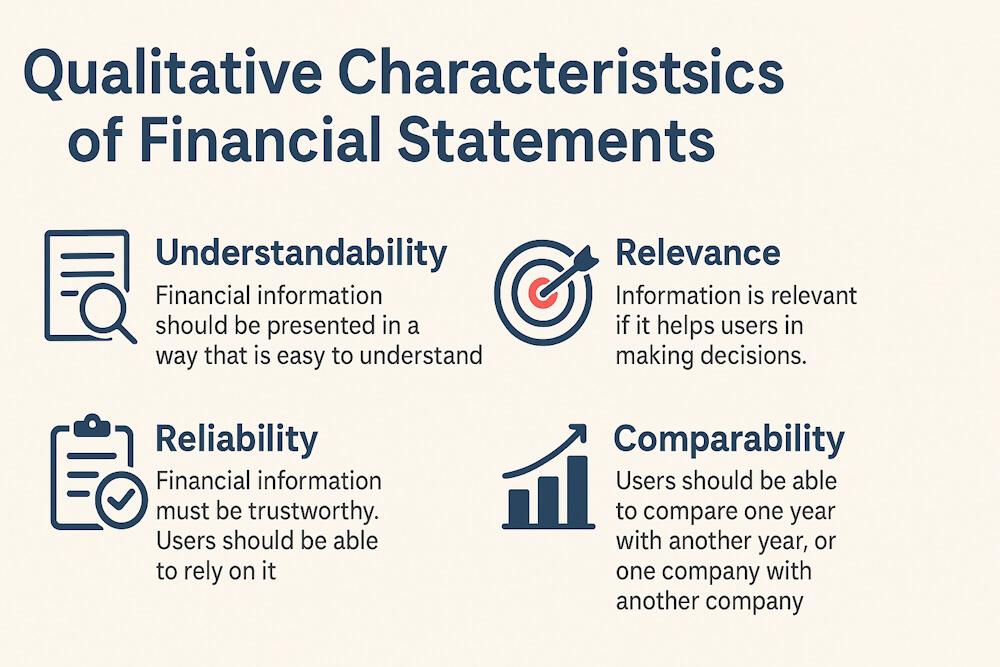Philosophy of Action
The action as a concept is one of the major sub-disciplines in contemporary philosophy. Philosophy of action is chiefly concerned with human action, intending to distinguish between activity and passivity. The understanding is further elaborated to action being voluntary, intentional, culpable, and involuntary actions. The theory of action is pertinent to legal and ethical questions concerning freedom, intention, belief, responsibility, and so on. It is related to the mind-body problem, the concept of causality, and the issue of determinism. Action has ties to central human concerns such as responsibility and autonomy.
Action & Mere Behavior:
There is to be more involved in a person's doing something than merely the fact that his body moves in a certain way. This ‘something more’ separates the Action from Mere Behavior.
A convulsion of one's leg doesn't appear to be an action in any sense, but nervously tapping one's foot certainly is an action.
Host of terms for capturing such distinctions had been proposed by the philosophers. The most common terms are “mere behavior,” “activity,” “action,” “full-blooded action,” “intentional action,” “intentional movement,” and so on.
The Meta-Physics of Actions:
1. Causalism vs. Non-causalism:
Desires, beliefs and intentions provide explanation of the action, but there is a question as to whether that is a causal explanation.
- The bell rang because someone pushed the button.
- The bell rang because it was time to eat.
In 1, it is quite clear that one is explaining the bell's ringing by pointing to the cause of that event (someone pushing some button). In 2, by contrast, one is explaining the bell's ringing by pointing to something that cannot have been its cause.
2. The Individuation of Actions:
If a task is performed, how many actions are involved? And what is their relation? This remains the key observations.
In the previous example, the button is pushed that rings the bell. How many actions are involved here? And what is their relation? It's quite clear that a ringing of bell is a very different thing than pushing a button but it was the pushing of button that rang the bell. The current issue concerns the actions involved – are these two actions or a single action?
When someone does something X by doing something Y, there is only one action involved. In the example, pushing a button and ringing of bell is a single action.
3. Action and Determinism:
The issue of determinism is frequently posed with respect to freedom in human action. The theory holds that a person's reasons for acting are the cause of his action. This entails that the agent was caused to act so.
In principle, one could hold that when the reasons cause the action, this just amounts to the agent causing the action.
All that is needed for a free action is that the action be guided by the agent in a certain way. Such a guided action could well be one that was unambiguously causally determined.
The Epistemology of Actions
The actions of individuals are guided by the theory of knowledge, especially with regard to its methods, validity, and scope, and the distinction between justified belief and opinion.
It is understood that we have knowledge of our own actions "without observation.“ A project director might be able to schedule the project accurately without having reports on it, provided that his subordinates carry out his orders.
This is described as a case of 'practical knowledge,' and it is accepted that our knowledge of our own actions is of the kind that produces the action. ‘Practical knowledge’ holds for more than just our knowledge of our actions, and extends to our own beliefs based on a passive knowledge.
Philosophy of Responsibility
People and groups are evaluated as responsible or not, depending on how seriously they take their responsibilities. Often this is done informally via moral judgment. On the other side, this also is done formally through legal judgement.
The moral philosophy has tended to ask two simple questions about responsibility:
- “What is it to be responsible?” and
- “What is a person responsible for?”
The first question is usually taken while enquiring about moral agency. What features of (normal, adult) human are involved in our holding one another responsible? The second as a question is used in case of holding people accountable for their actions. It is a question most often asked in connection with causation and accountability.
These two apparently simple questions (“What is it to be responsible?” and “What is a person responsible for?”) about individual responsibility points to the previously stated four points:
1. Moral agency.
Normal human adults represent our paradigm case of responsible agents. What is distinctive about them, that we accord them this status?
- Human beings have free will, that is, distinctive causal powers or a special metaphysical status, that separates them from everything else in the universe;
- Human beings can act on the basis of reason(s);
- Human beings have a certain set of moral or proto-moral feelings.
The above points are principally concerned with evaluation of the self.
A rational/moral agent chooses to act in the light of principles – that is, he deliberate among reasons. Therefore standards of rationality apply to all adult humans, and when they fail to act rationally, it is simply and crudely considered as a Bad Thing.
2. Retrospective responsibility.
In assigning responsibility for an outcome or event, we may simply be telling a causal story. The responsibility attribution is concerned with the morality of somebody’s action(s).
Among the many different causes that led to an outcome, an specific action is identified as the morally salient one. Example:
- If we say the captain was responsible for the shipwreck, we do not deny that all sorts of other causes were in play. But we do single out the person which we think ought to be held responsible for the outcome.
Philosophers sometimes distinguish this usage, by speaking of “liability responsibility.” Retrospective responsibility usually involves a moral judgment of the person responsible.
This judgment typically pictures the person as liable to various consequences: to feeling remorse (or pride), to being blamed (or praised), to making amends (or receiving gratitude), and so forth.
3. Prospective responsibility.
This form of “responsibility” is as a synonym for “duty.” When we ask about a person’s prospective responsibilities, we are concerned with what he ought to be doing or attending to. The term describes a particular person’s duties or used to single out the duties, or “area of responsibility,” that somebody has by virtue of their role.
This bears at least one straightforward relation to the question of retrospective responsibility. We will tend to hold someone responsible when he fails to perform the duties. Hence, referring to the ship examples, a captain is responsible for the safety of the ship; hence he will be held responsible if there is a shipwreck.
In terms of prospective responsibility, then, we may think that everyone has a duty to make certain amends when certain risks of action actually materialize – just because all our actions impose risks on others as well as ourselves. The duties assigned to an individual shall also encompass the ‘rights’ to make necessary amendments in case of a foreseen risk. In this case, retrospective responsibility is justified, not by whether the person controlled the outcome or could have chosen to do otherwise, but by reference to these prospective responsibilities.
4. Responsibility as a virtue.
While theories of moral agency tend to regard an agent as either responsible or not, with no half-measures, our everyday language usually deploys the term “responsible” in a more nuanced way. As just indicated, one way we do this is by weighing degrees of responsibility, both with regard to the sort of prospective responsibilities a person should bear and a person’s liability to blame or penalties.
A systematic arrangement is desired to overcome the nuanced way of weighing the responsibility and making the meaning of responsibility more clear.
Once clarity is established,
- The responsible person can be relied on to judge and to act in certain morally desirable ways;
- In the case of more demanding (“more responsible”) roles, a person can be trusted to exercise initiative and to demonstrate commitment; and
When things go wrong, such a person will be prepared to take responsibility for dealing with things.





